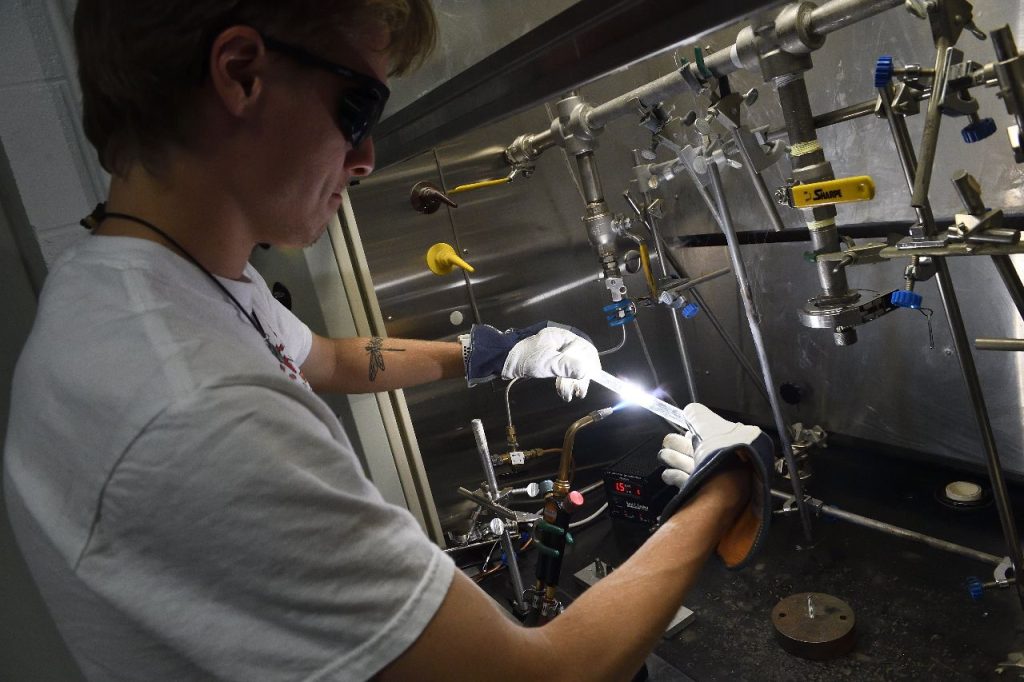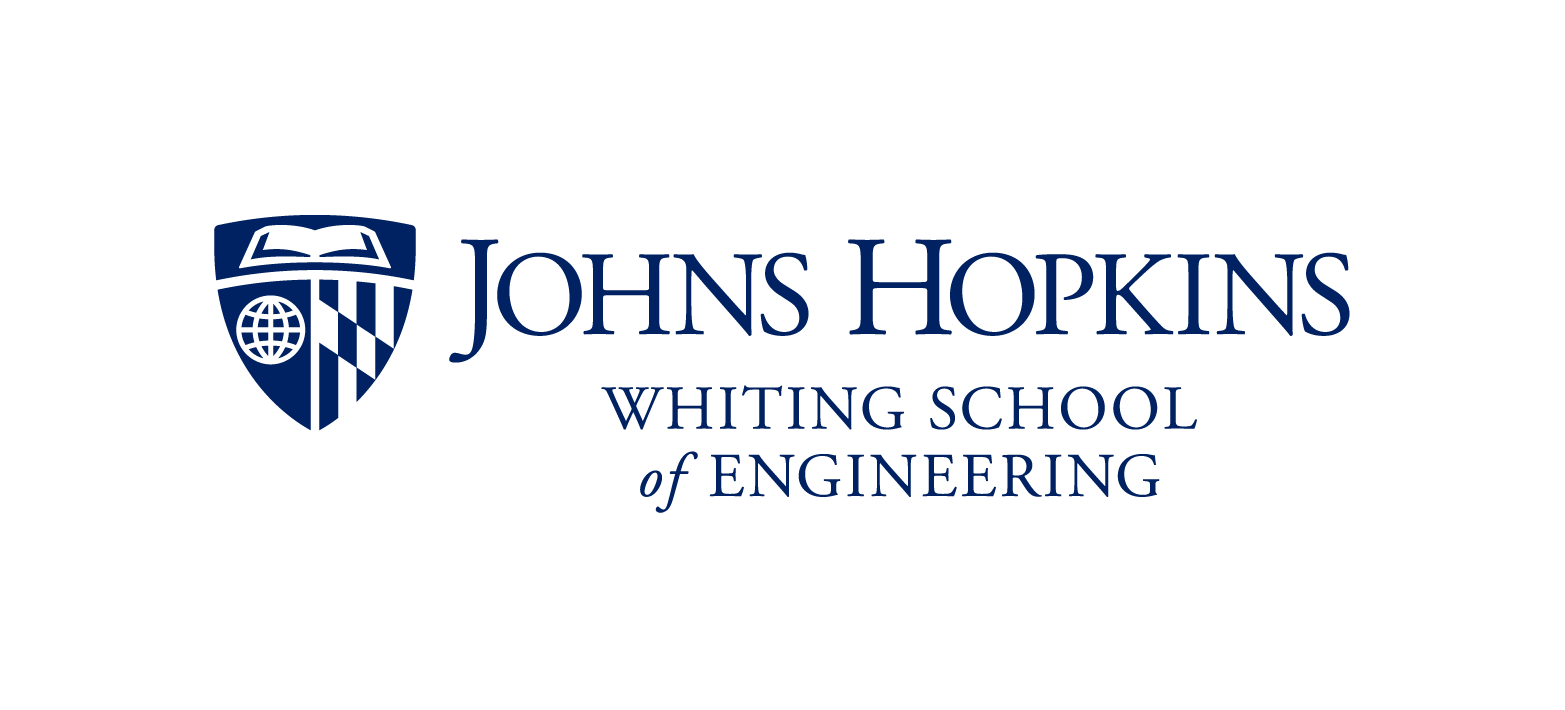Designing a Recrystallization Kinetics Model for Dilute Niobium Alloys
Program:
Materials Science and Engineering
Project Description:
While it is known that alloying niobium with elements such as Ti, Hf, and Zr can yield desirable macro-scale properties for extreme environment applications, little has been studied about why and how these alloying elements work on an atomic level to change niobium’s performance from a microstructural perspective. This project, sponsored by ATI Specialty Alloys & Components, aims to build a theory to explain how different solute atoms affect microstructural evolution of niobium by designing a system of models that will predict the recrystallization behavior of dilute Nb alloys as a function of annealing conditions. Charlie’s research focuses on designing a system of models comparing Nb-1Ti, Nb-1Hf, and Nb-1Zr (atomic %) that will be used in the future to build a master model predicting the recrystallization behavior of any two component alloy that is 99% niobium
Team Members
-
[foreach 357]
[if 397 not_equal=””][/if 397][395]
[/foreach 357]
Project Mentors, Sponsors, and Partners
David Beaudry
Course Faculty
-
[foreach 429]
[if 433 not_equal=””][/if 433][431]
[/foreach 429]
Project Links
Additional Project Information
Project Photo

Project Photo Caption:
Charlie Teeter seals a sample of niobium alloy in quartz to protect it from high temperature oxidation during annealing


